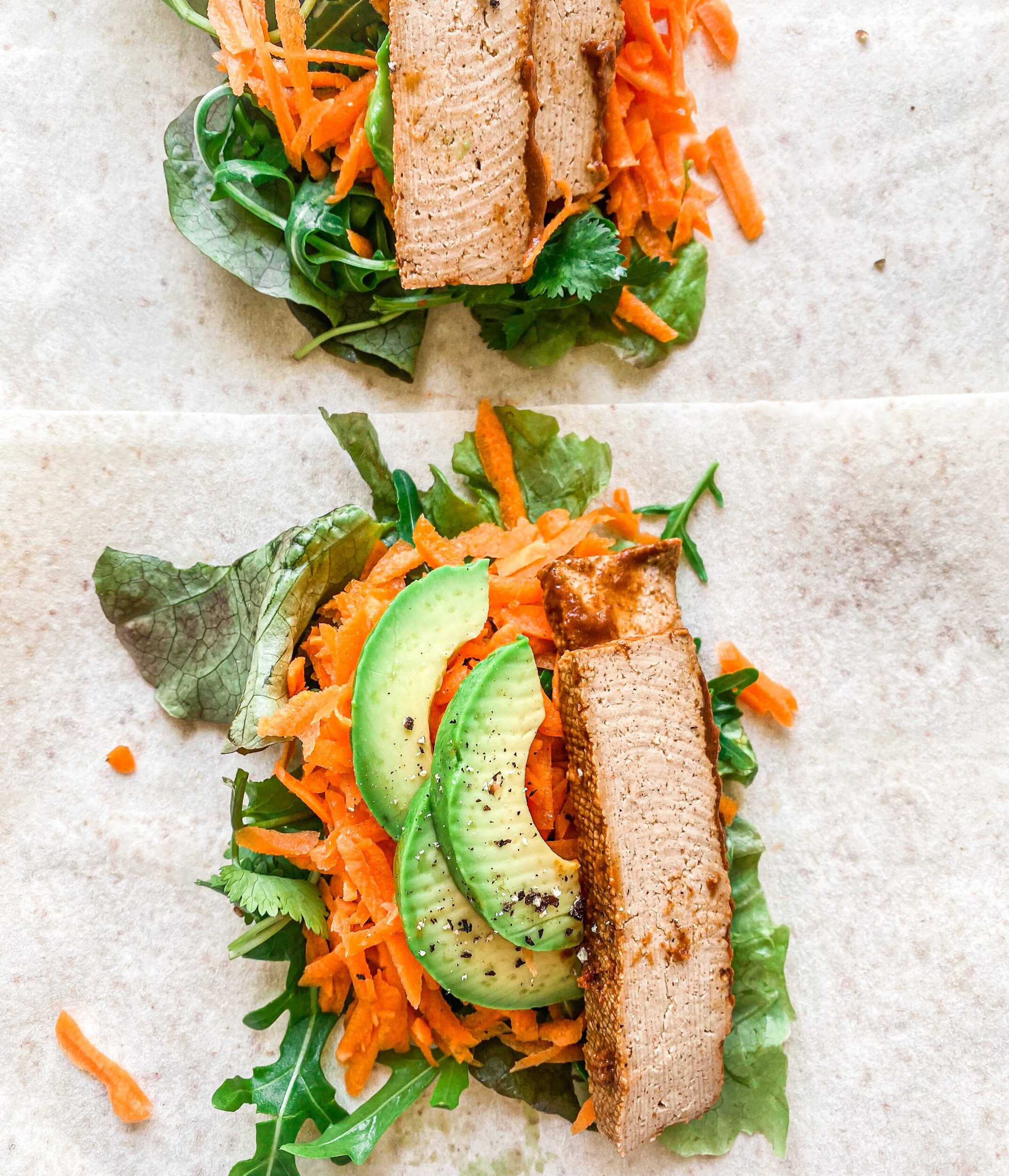How 'Healthy Eating' Can Impair Performance
It’s a well known fact that nutrition can have a huge impact on not only how feel, but also our sports and training performance and recovery. Both food quality and food quantity are important factors to consider when optimising your performance is a goal. After all, nutrition provides both the fuel to power the activity itself, plus the building blocks to recover and repair afterwards, in order to make positive adaptations to our training (read: get stronger, faster and better at what you do!!).
However, there can come a point where the focus on ‘good nutrition’ and ‘clean eating’ becomes a detriment to our performance…
Wanting to choose ‘healthy’ foods, ie. whole and unprocessed foods, is no bad thing. It almost always comes with good intentions like wanting to choose the most nutritious foods and hopefully feel and perform your best, and choose what is best for long term health. Sometimes, nutrition just for health vs nutrition for performance goals don’t look exactly the same. Especially when the desire to eat only ‘clean’ and ‘whole’ foods becomes quite obsessive or gets taken to the extreme.
This can in turn results in the inability to meet the nutritional demands that training puts on your body, leading to decreased performance and impaired recovery, plateaus in progress, impaired immune function and increased risk of injury, and in the long run, nutritional deficiencies and reduced bone mineral density. That pursuit of eating as healthy as possible suddenly doesn’t sound so healthy anymore does it?
Where eating for ‘health’ and eating for performance may look different:
In the eyes of most people, foods rich in simple, refined carbohydrates and sugars are not considered the ‘healthy’ option. And yet, for athletes or people with high activity levels, choosing more of these foods may serve an important purpose and be the healthy thing to do in order to support the body’s requirements. For instance:
Whole, unprocessed foods:
Are generally very filling and rich in both fibre and bulk or volume. They are harder to digest and keep you full and satiated for longer, so eating only these types of foods my result in the inability to meet your macronutrient and energy requirements. As a result of this, under fuelling can occur which in turn leads to decreased performance and recovery, as well as the risk of impacting both short and long term health.
For example, brown rice is very filling and much harder to digest than white rice or pasta, so it’s easier to eat more of the latter which is a good thing if you need more of those carbs! You could meet your energy requirements just eating vegetables and whole grains, however I can bet you’d be feeling pretty darn bloated and uncomfortable due to the sheer quantity of food volume, bulk and fibre you’d have to eat to do so…
Refined, simple carbs and sugars:
Are a lot less filling and bulky, as well as being a lot easier to digest and absorb, meaning you can eat more of them without feeling as full. For someone already struggling to meet their energy and carbohydrate requirements for their training, this is a good thing!!
Simple carbohydrates (such as white rice and breads, syrups, jam, fruit juice etc) are also digested and released into the blood stream very quickly, so when you are in need of that carbohydrate fuel either just before or during exercise, this is a benefit to performance. Post exercise, choosing easier to digest, simple carbohydrates can also speed up the refuelling and recovery process, due to triggering the insulin response key for replenish muscle glycogen stores and starting the repairing process. This is especially important when training multiple times a day, or during sporting competitions and events, where you want to recover as quickly as possible in order to go again!
Just a quick example: If you are out on a run, you could choose to eat a piece of fruit or a slice of grainy bread to keep you fuelled for a longer distance. Chances are, you’d feel pretty uncomfortable (both chewing and eating that mid run, and digesting it after!), and possibly even a bit sick or run into some bathroom problems! The carbohydrates would take a longer time to be absorbed and utilised for energy for the rest of your run, therefore reducing your ability to perform at your best. Alternatively, you could choose a sports gel, fruit juice or dried fruit - absorbed much more quickly, easy to consume and digest, leaving you not only able to perform better, but feel better too!
Fun foods:
Here we’re talking baked goods, ice cream, chocolate covered almonds (if you know, you know!), and other higher energy or calorie-dense foods also play in important role in helping athlete, or people with high activity levels and therefore high energy needs, meeting their nutritional requirements in order to feel and perform at their best, and prevent under fuelling. You might be thinking, but these foods aren’t nutritious and healthy…but the reality is, the short and long term consequences of chronic under fuelling is FAR less healthy and FAR more damaging to both performance and health than any one food or food group.
Ending thoughts!
Now, don’t get me wrong. It’s still important to include plenty of nutrient-dense whole foods, like fruit, veggies and whole grains, as an athlete. HOWEVER, choosing only these foods may come at a detriment to both health and performance, and those ‘less healthy’ foods often play an important role in the athlete’s diet. So it’s important to ask yourself honestly if your desire to ‘eat healthy’ really serving you, or could it be holding you back from feeling and performing your best?
If you’d like some help and support with navigating this and learning to eat to best support your performance goals whilst also meeting your nutritional needs, be sure to get in touch with me for individualised guidance, I would love to help!





